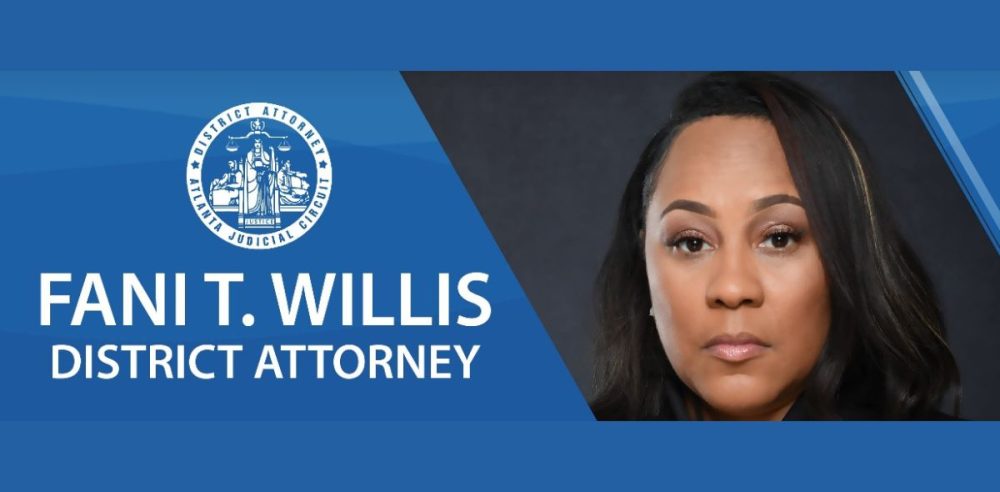Fulton County District Attorney Fani Willis, known for her high-profile prosecution of Donald Trump, has found herself in legal hot water.
A Georgia court has ruled Willis in default for failing to meet deadlines in an open records lawsuit brought by watchdog group Judicial Watch. This ruling requires her to produce records that could reveal communications with Special Counsel Jack Smith and the January 6 Congressional Committee, reported Townhall.
The court order marks a significant development in the ongoing scrutiny of Willis’s investigations into Trump and her office’s transparency.
The controversy stems from Judicial Watch’s March lawsuit, which accused Willis of withholding records responsive to a public records request filed in August 2023. The watchdog group pointed to a December 2021 letter Willis sent to then-January 6 Committee Chair Bennie Thompson.
In the letter, Willis sought access to committee materials and offered to meet in Washington, D.C., to collaborate on her Trump investigation. Despite its relevance, this letter was not included in Willis’s response to the records request, raising questions about her compliance with Georgia’s Open Records Act.
Judicial Watch further alleged that Willis’s office traveled to Washington multiple times in 2022 to meet with January 6 committee staff.
The court’s ruling declared that Willis violated the state’s Open Records Act and ordered her to release relevant documents within five business days. Judicial Watch President Tom Fitton called the situation unprecedented, noting that it was the first time in the group’s three decades of work that a government official had been found in default in an open records case.
This is not the first legal challenge Willis has faced from Judicial Watch.
The group previously sued her office over hiring Nathan Wade, who was appointed to lead the Trump prosecution. Allegations of misconduct surfaced when reports emerged that Wade and Willis were involved in a romantic relationship while working on the Trump case, allegedly misusing public funds for luxury travel. The watchdog has also sought records related to federal funding Willis’s office may have received during its Trump investigation.
House Republicans have also scrutinized Willis’s connections to the January 6 committee.
Willis has refused to disclose her team’s communications with the committee, citing federalism and separation of powers. These clashes have drawn criticism from lawmakers and added fuel to accusations of partisanship in her handling of the Trump case.
Meanwhile, the Georgia Court of Appeals delayed a scheduled December 5 hearing on prosecutorial misconduct claims against Willis, leaving the reasons for the postponement unclear. The delay adds another layer of uncertainty to Willis’s legal battles and her ability to remain in charge of the Trump prosecution amid mounting allegations of misconduct and partisanship.
As these cases unfold, questions linger about Willis’s office’s integrity and transparency. The outcome of the open records lawsuit could reveal more about her coordination with federal entities in the Trump probe and deepen the political and legal challenges she faces.


